SCIJ Governance
SCIJ RULES AND STATUTES
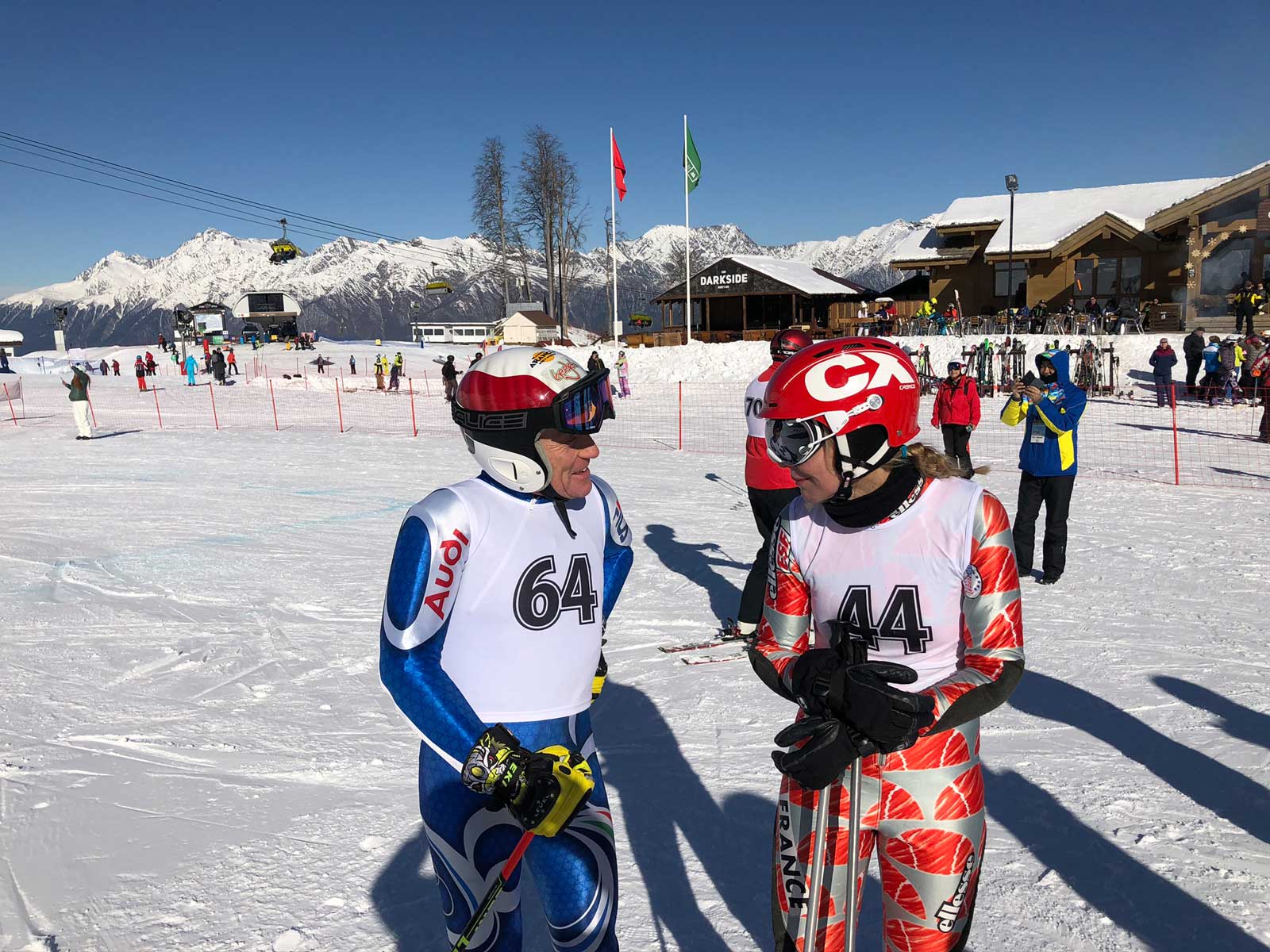
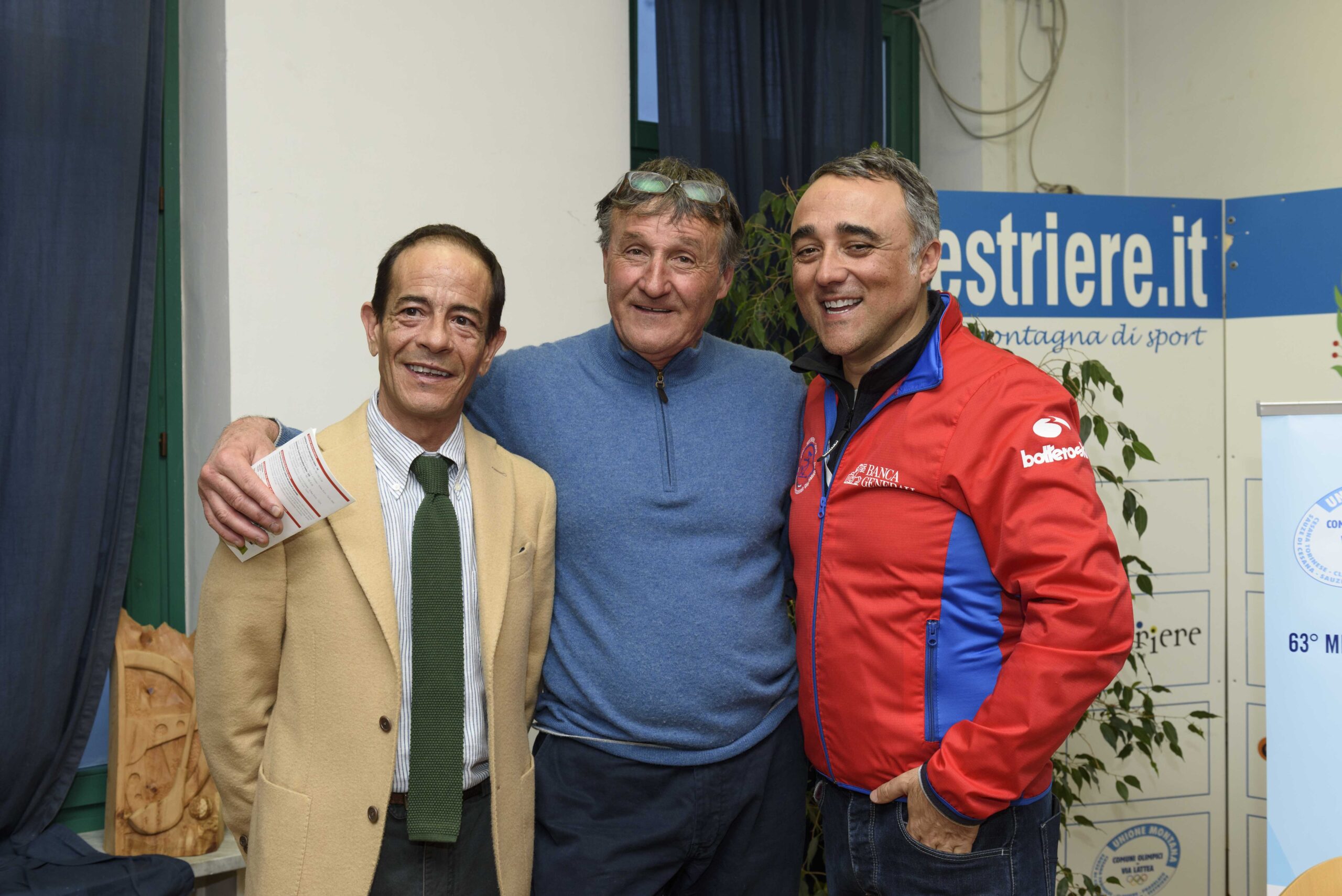
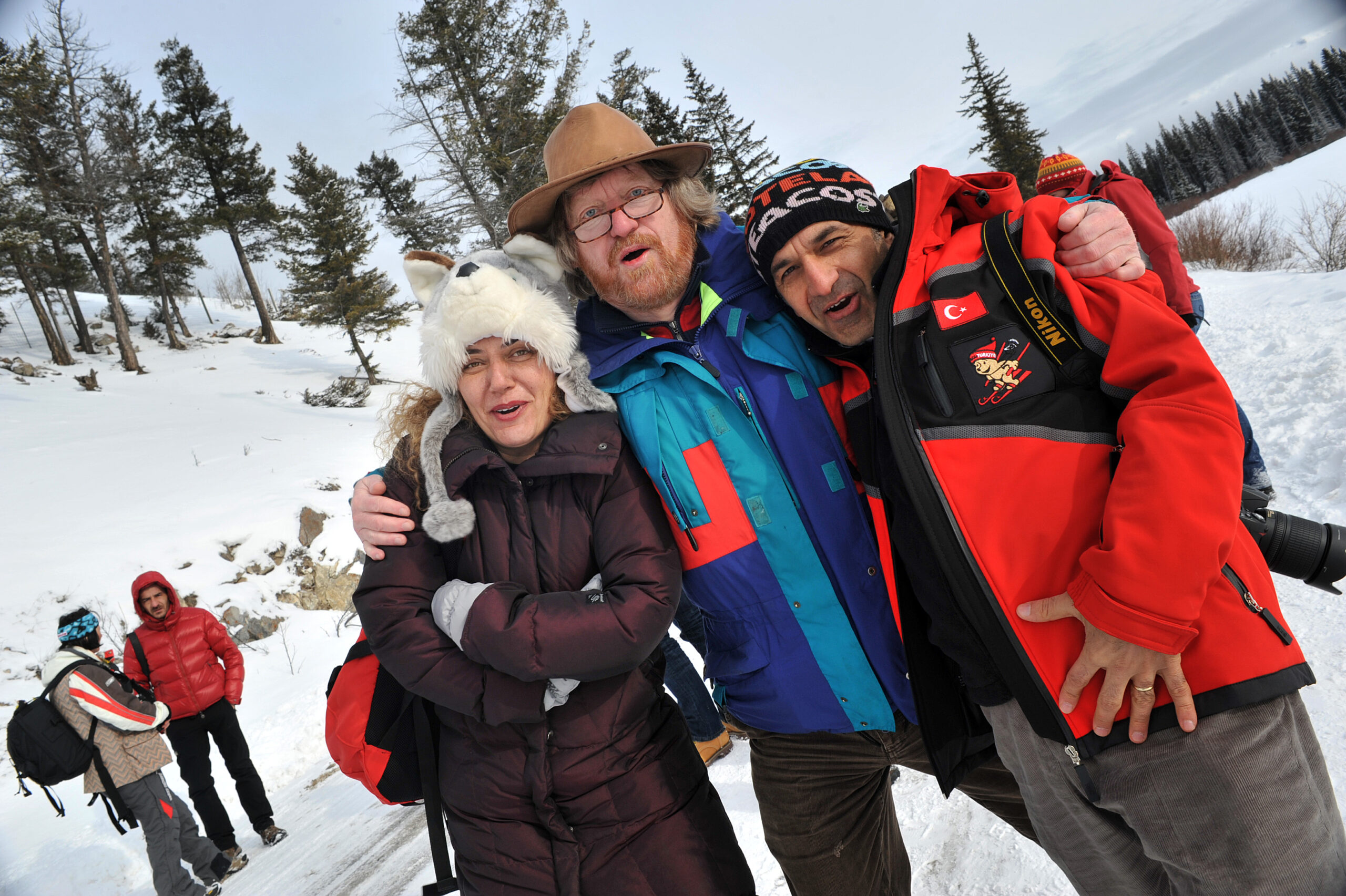
Purpose and Vision
As an International not-for-profit Association (AISBL), SCIJ member nations will always strive to establish contacts, build friendships and sustain solidarity between professional journalists from around the world, irrespective of their nationality, race, religion, gender, political and philosophical beliefs or media platform.
At its core, SCIJ will remember that skis and mountains are what bring us together, so we can actively promote ongoing cultural and intellectual exchanges amongst our member nations regardless of the media we use to communicate with our audiences.
The following tabs constitute SCIJ official rules and statutes as voted and approved at the SCIJ Extraordinary Assembly on June 24, 2018 in Brussels, Belgium.
The Official Act with Official Approval
ARTICLE I) Ski Club International des Journalistes (SCIJ)
Article II) SCIJ BODIES
A) The General Assembly
The General Assembly is composed of the representatives of SCIJ Member Nations.
Each SCIJ Member Nation in good standing receives one vote. The General Assembly is held during the annual International Meeting. An Extraordinary Assembly may be convened on the authority of the International Committee or at the request of at least five Member Nations. Such requests must be sent in writing by letter or email to all SCIJ Member Nations at least three months prior to the scheduled meeting. No other forms of electronic recording or transmission are allowed unless authorized by the President of SCIJ. The presence of representatives of two-thirds of the SCIJ Member Nations constitutes a quorum. If a quorum is not reached, the assembly can legally convene thirty minutes after the official meeting opening. Decisions or recommendations are made by a majority vote at a General or Extraordinary Assembly. Voting by proxy is not allowed. Proposals for the modification of the statutes can only be put forward at an Extraordinary Assembly, following a request made to the President at least three months before the General Assembly is held. Decisions on such modifications require a two-thirds majority vote, and take effect at the end of the meeting at which the General Assembly took place.
General and Extraordinary Assembly meetings are presided over by a chairman and a secretary (assigned to keep the minutes of the meeting), who are chosen by a simple majority of SCIJ Member Nation representatives in attendance at the General Assembly. General Assembly meetings are open to representatives of all SCIJ Member Nations. Votes are cast by either the Captain of a Member Nation or by a delegate designated by said captain. In the event of a tie, the SCIJ President will cast the final vote. The General Assembly ordinarily meets during the annual International Meeting, or at least once a year, to approve the budget, the reports of the President and Secretary General, and the audited financial statements. If required, the General Assembly can also elect members of the governing bodies and deliberate on proposals for the acceptance or the exclusion of a SCIJ Member Nation. The President must convene the General Assembly at least one month before it meets. Only professional journalists representing a SCIJ Member Nation are eligible to hold the office of SCIJ President, Secretary General or International Committee Member, and can be candidates for one or more offices.
B) The International Committee
The International Committee consists of the President, the Secretary General and four Vice-Presidents elected by the General Assembly. All mandates are of three years duration. The mandates for President and Secretary General can only be renewed once. There is no limit to the number of times the mandates for all other IC members can be renewed. The General Assembly decides on matters of their competence by a simple majority vote. The office is honorary and does not involve any kind of remuneration. All Committee members accept to abide by the SCIJ Executive Code of Conduct. The International Committee is responsible for the management of SCIJ, the promotion of its statutory objectives, and the redaction and approval of the annual report to be submitted to the General Assembly. The International Committee receives and evaluates the applications of all SCIJ Member Nation candidates, verifies their credentials and ensures their compliance with the Technical and Meeting Regulations. The IC can propose their modification during either a General or Extraordinary Assembly. The International Committee encourages the sharing of SCIJ knowledge, the promotion of its activities, the strengthening of its Nation Member teams, the creation of similar associations in new countries, and the promotion of meaningful and constructive debates, cultural and professional activities. The IC may authorise the expenditure of funds at its disposal to carry out its duties. The IC may not borrow money.
C) The President
The President represents SCIJ in any relationship with third parties, and may take executive decisions while conducting SCIJ business after consulting with the Secretary General and the International Committee. The President will report to the General Assembly on the activities of the club. The President legally represents SCIJ in any third-party relationship, and coordinates and instructs the agenda of the International Committee’s work to which he or she may submit items for adjudication.
In the event of a tie, the President casts the final vote. The President, with the Secretary General, prepares and submits the annual report to the International Committee, and then to the General Assembly, and can make spending decisions for the management of the association, provided detailed information has been submitted to the Secretary General and the IC. The President reports annually to the General or Extraordinary Assembly on all activities and initiatives aimed at further promoting and developing SCIJ.
D) The Secretary General
The Secretary General is the President’s main collaborator in the operational management of SCIJ. The Secretary General is responsible for maintaining the budget, the accounting, social documents and SCIJ statutes and policies. The Secretary General must also track the receipt of all fees and expenses, run audits, implement and operationalize the agenda and ensure that all the necessary legal and financial obligations approved by the International Committee are being respected.
E) Honorees
The International Committee decides on the nomination of an Honoree, either on its own initiative or at the suggestion of a Member Nation. An Honoree is an individual who, by their activities and service, has earned the gratitude of SCIJ.
Article III) MEMBERS
When applying for membership, any national ski club (or association) of journalists wishing to join the SCIJ must submit to the International Committee for review the following:
• The statute of the association (or club) signed by the President and Secretary
• The minutes of the association’s last annual meeting signed by the President and Secretary
• The names of journalists composing the governing bodies of the association
• The names of all the journalists who belong to the association or club in either the current or previous year, as well as their professional card number, contact address and the name of the media they are working for
• A description of the activities carried out by the association (or club) in recent years
The same documentation can be requested of any active SCIJ Member Nation should the International Committee deem it necessary. The International Committee considers all the documents and criteria for the purposes of membership.
The International Committee can only propose the acceptance or exclusion of a new SCIJ Member at a General Assembly.
Members attend SCIJ activities, in particular the International Meetings, through a delegation, or National team, led by a Captain and composed according to the criteria specified in this Statute.
To remain an active member of SCIJ, the Member Nation must pay the required fees to the International Committee, abide by SCIJ Rules and Statutes, meet the required deadlines, and not miss more than three consecutive international meetings excluding Force Majeure.
Article IV) FEES
Article V) ANNUAL MEETING AND MANDATORY ACTIVITIES
The International Meeting and the International Championship are organized and financed by one or more Member Nations or National Sections according to the Meeting and Technical Regulations annexed to this Statute. Throughout the year other meetings can be held, even in summer, to discuss and analyze issues of interest to SCIJ.
ARTICLE VI) SOCIAL NETWORKING OF SCIJ
ARTICLE VII) MUTUAL ASSISTANCE
ARTICLE VIII) OFFICIAL LANGUAGES
ARTICLE IX) DURATION OF SCIJ
The request for an Extraordinary Assembly to dissolve SCIJ must be presented in a letter to the President, signed by at least two-thirds of National Section Captains. If SCIJ is dissolved, the Extraordinary Assembly will decide on how to use any residual funds to promote other associations or clubs with aims similar to those of the SCIJ.
ANNEX A – REGULATIONS FOR MEETINGS
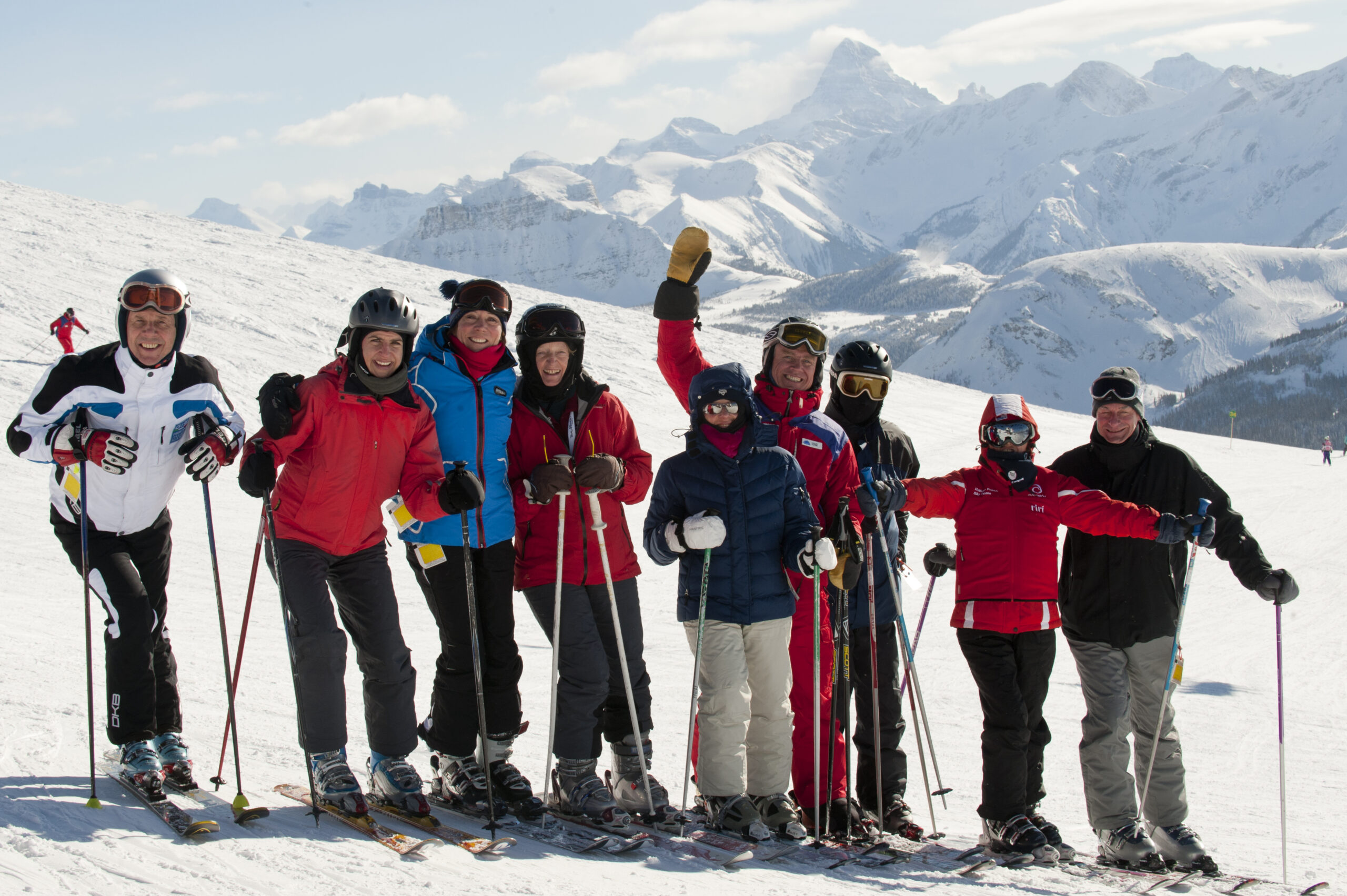
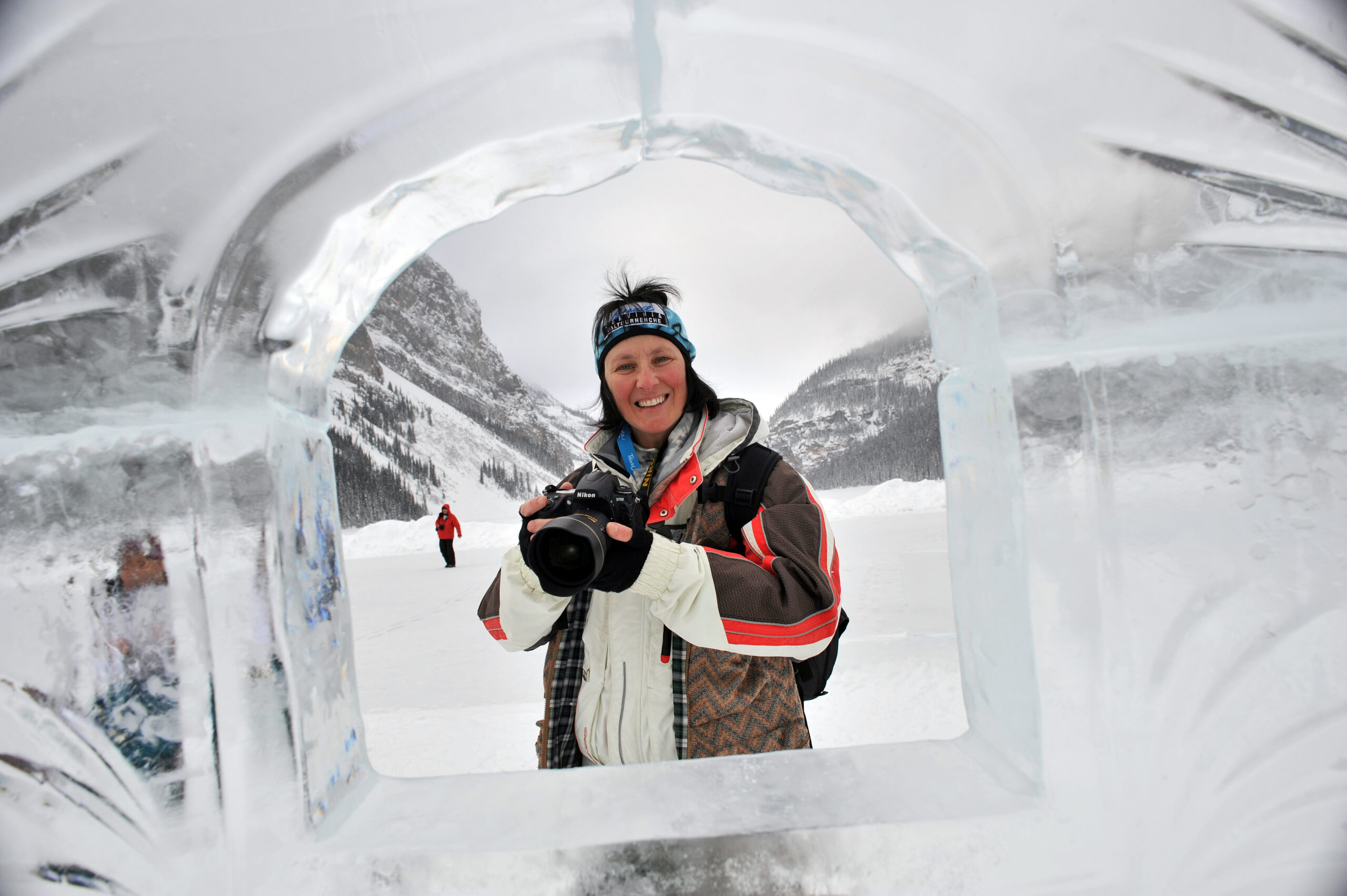
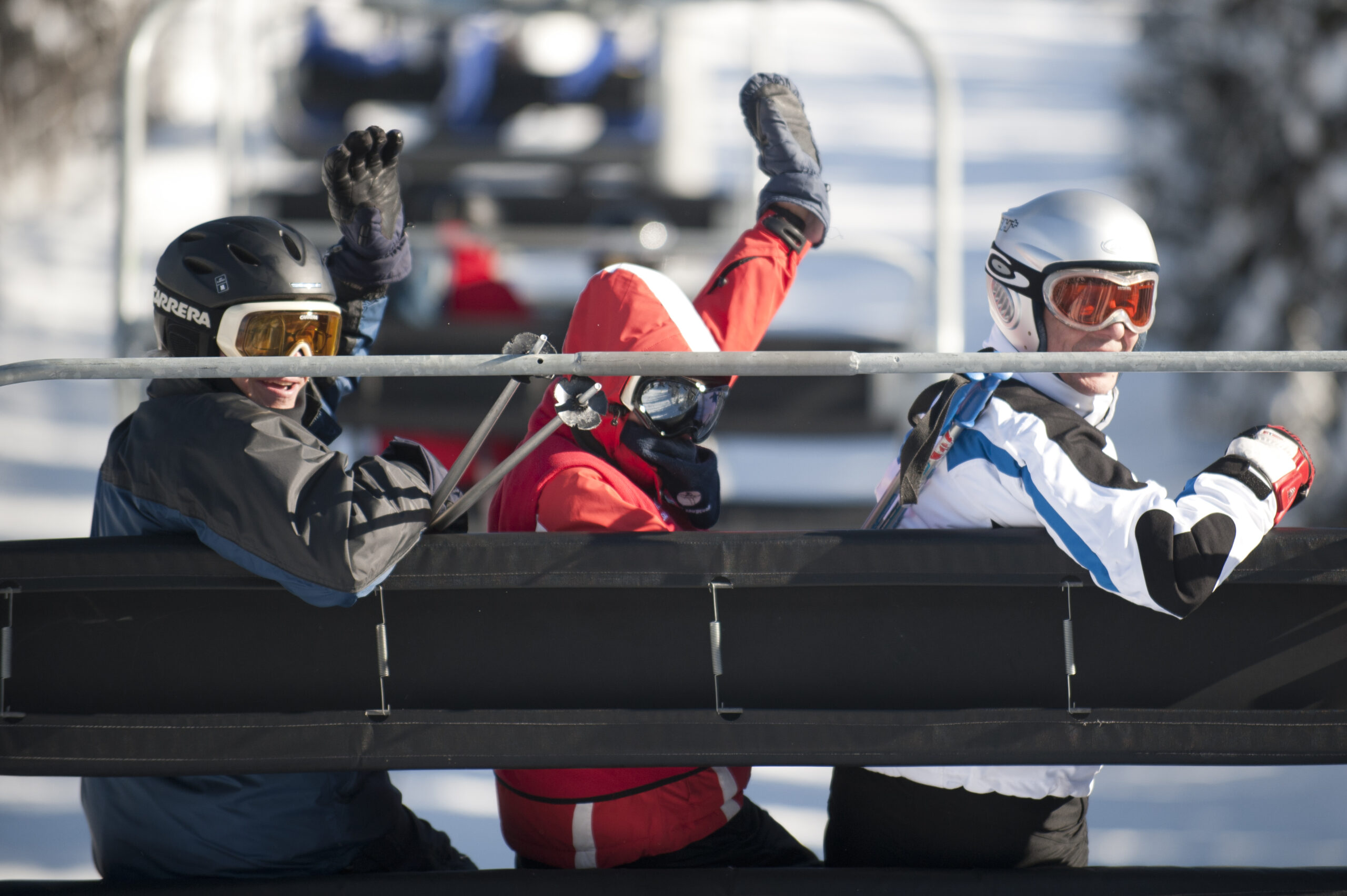
ARTICLE I) ANNUAL MEETINGS
ARTICLE II) MEETING ORGANIZATION
ARTICLE III) MEETING REQUIREMENTS
a) be able to receive representatives (including honorees and special guests) from all of the member nations of SCIJ;
b) undertake to lodge SCIJ participants for at least 7 days and 6 nights;
c) allow participants free access to all methods of uphill mechanical transport;
d) prepare the ski slopes for practices and competitions;
e) provide prizes for the first three finishers in each event at each level (junior, senior, super-senior), for both men and women. The first three finishers in each division, men and women, also receive prizes for the combination (giant slalom and cross-country)
f) take steps to facilitate the access of every delegation to the annual meeting (customs, visas, inland transportation, etc.)
ARTICLE IV) COMPOSITION OF SCIJ MEMBER NATIONS
- The number of journalists in the Nation Member’s club or association
- The number of International Meetings the Nation Member has either organized in recent years or is planning for the coming years
- The ability to undertake concrete activities at the national and international level
- The professional interest of the journalists of each delegation on the points of discussion and the debates planned during the event
- Media contributions – and while not obligatory, the IC will consider media contributions
- In selecting the national teams participating in the annual International Meeting, SCIJ
Member Nations/National Sections must follow these criteria:
- Teams must be composed of journalists who are skiers beyond the ability of beginner slopes
- Half the journalists on the Team must be under the age of 45 and at least 50% must be women
- The number of retired journalists participating at International Meetings shall be limited (The International Committee shall determine the number of retired journalists allowed to participate ahead of time.)
- Member Nations must introduce new members on a yearly basis
- In case of non-compliance with these requirements, the International Committee has the authority to request that Member Nations alter their team’s composition.
- If the Member Nation fails to comply, the invitation to participate at the International Meeting may be revoked.
ARTICLE V) MEETING PARTICIPATION GUIDELINES
a) Member Nations participating in the meeting must choose delegations that are as representative as possible of the various branches of their national media, including different categories of journalist (reporter, editor, photographer etc.), and in particular a minimum participation of 50% women and 50% under the age of 45, bearing in mind the sporting abilities of their representatives; the International Committee may demand changes in delegations which do not meet these requirements;
b) participants must respect the customs of the host country and follow the entire program the organizers have planned;
c) the captain or leader of each delegation is responsible for forwarding two copies of each report (articles, broadcasts, telecasts, films, photographs, digital coverage) to the person assigned by the International Committee;
d) individual participants in international meetings must pay a registration fee as set by the International Committee. The leaders of the delegations must collect the money and pay the corresponding amount directly to the account of the SCIJ before each meeting;
e) participants take part in meetings and competitions at their own risk; they must have sufficient insurance coverage under the arrangements in force in their own country.
ARTICLE VI) SPECIAL GUESTS
ARTICLE VII) MEETING DISCUSSIONS
ARTICLE VII) SITE INSPECTION
ARTICLE IX) EXTRAORDINARY ASSEMBLY
Generally one or two delegates from each Member Nation are invited to a summer meeting.
ARTICLE X) EXCLUSION OF MEETING
TECHNICAL REGULATIONS
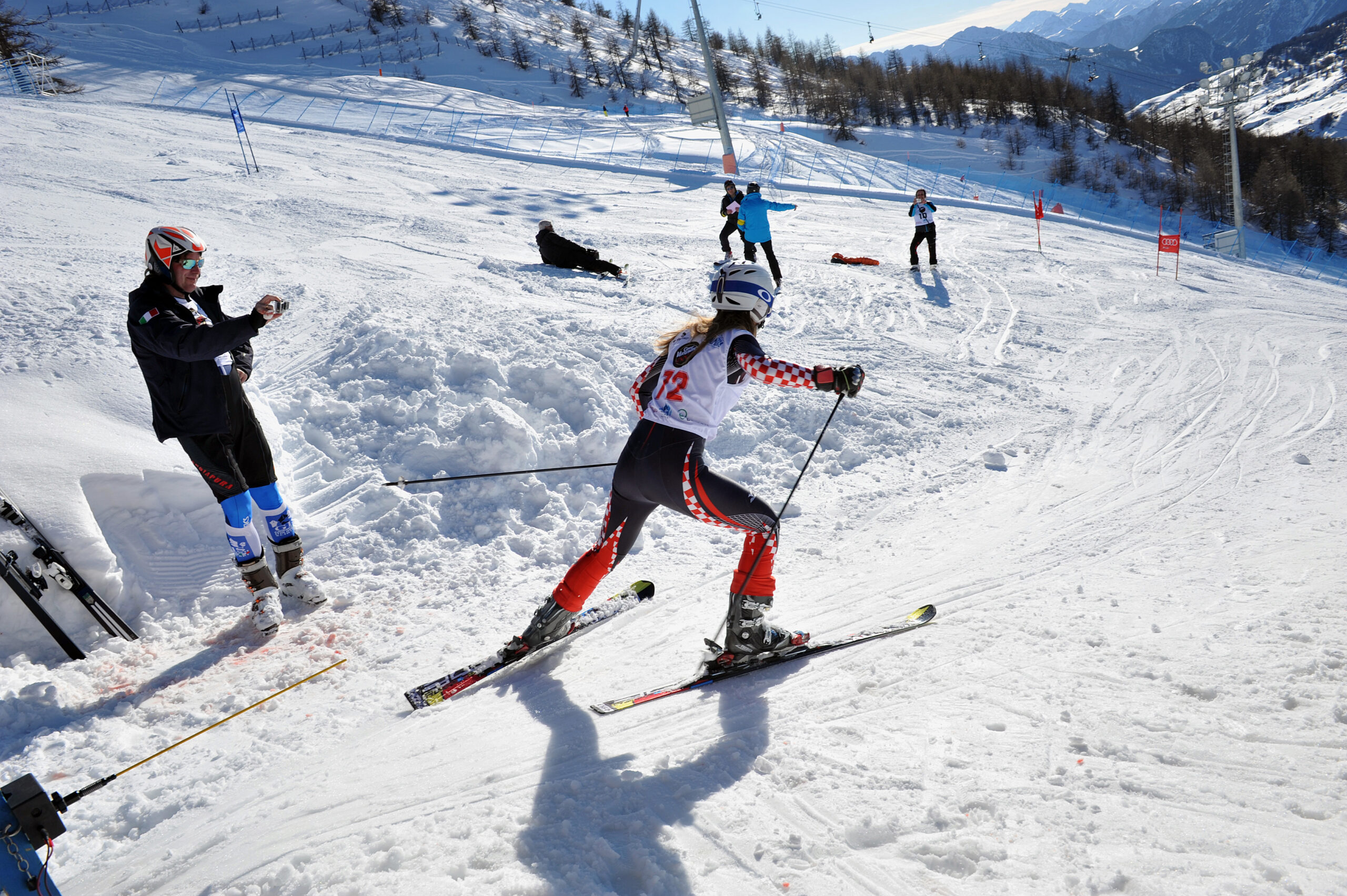
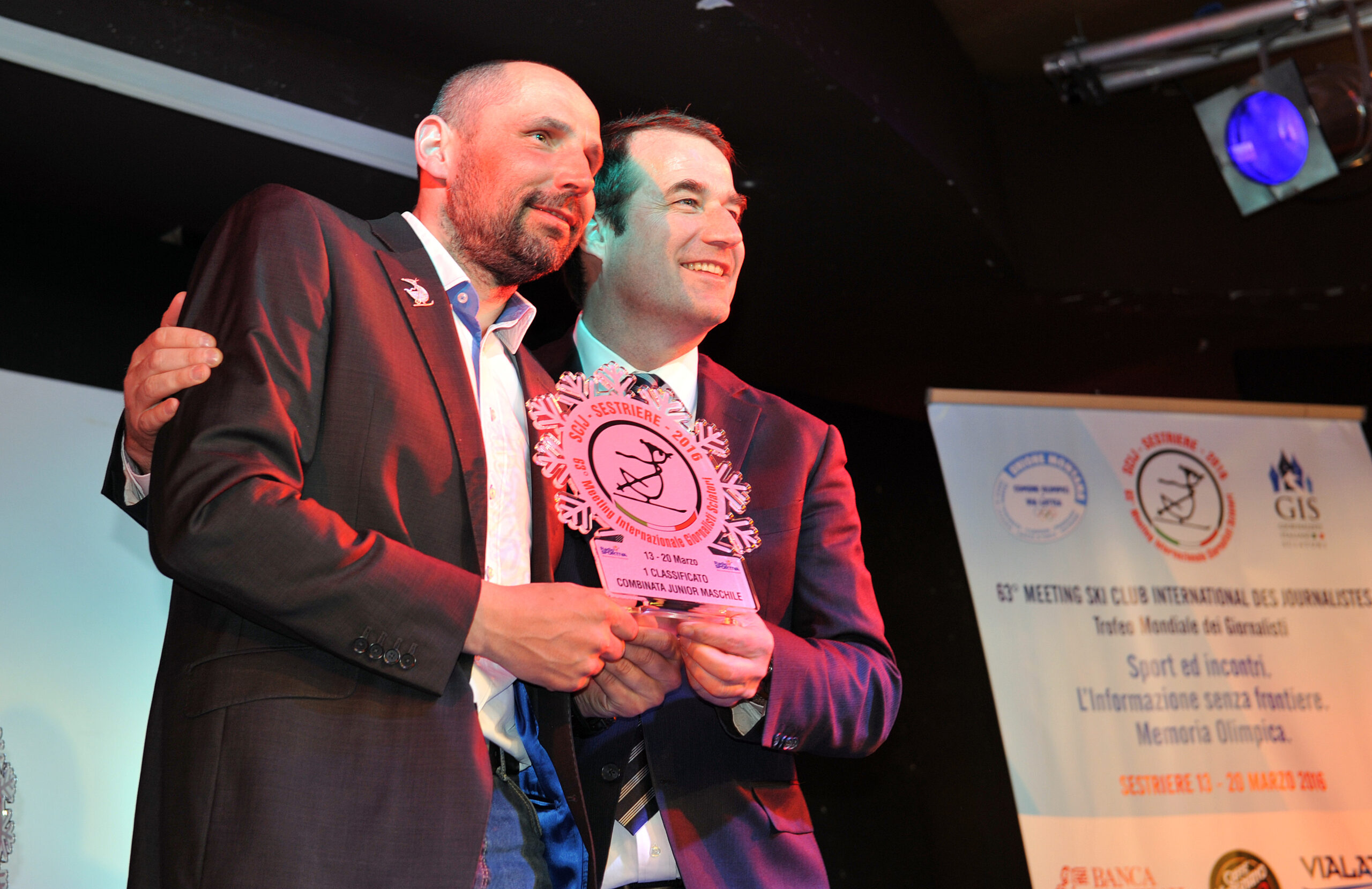
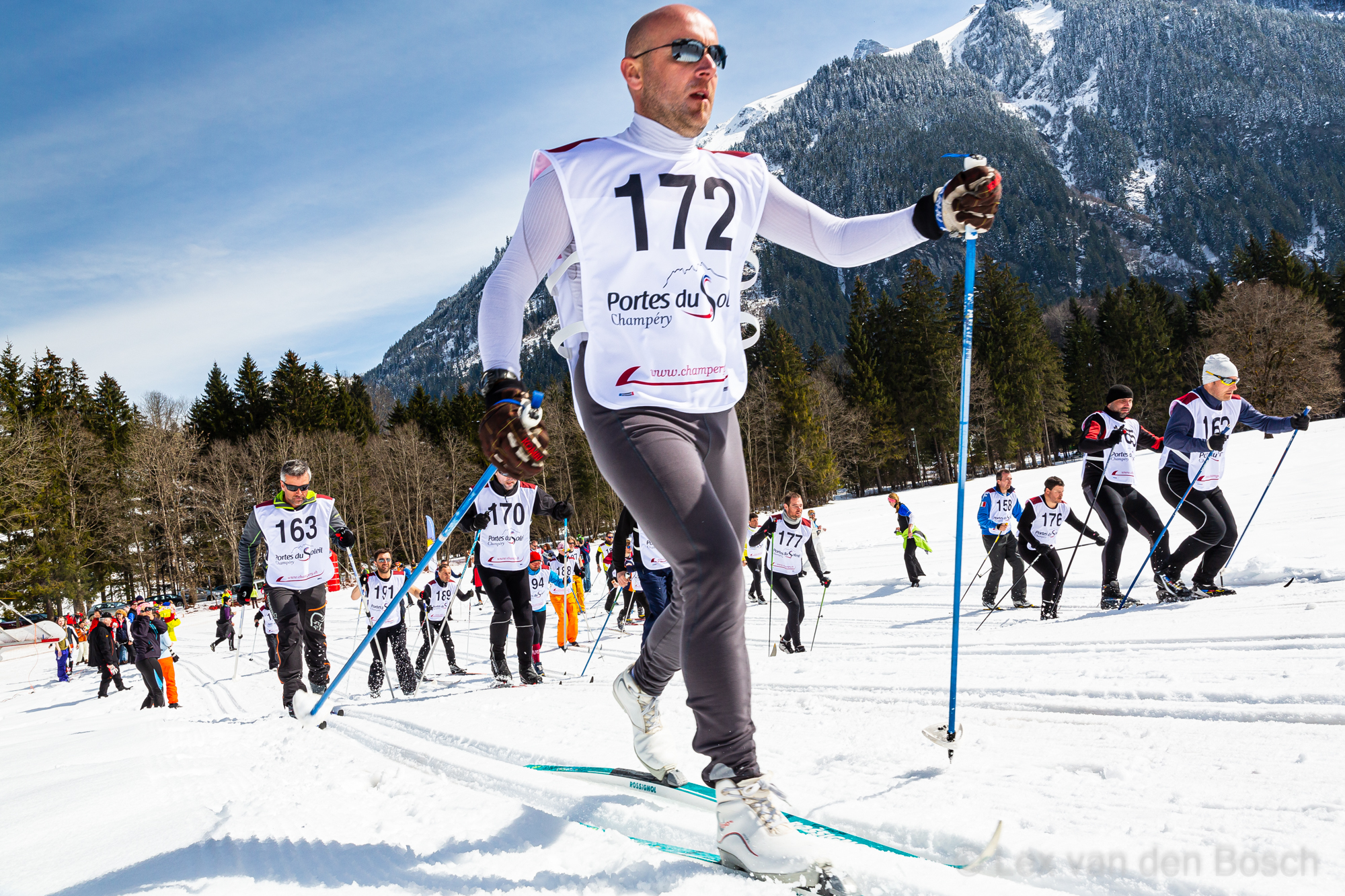
ARTICLE I) COMPETITIVE EVENTS
- a giant slalom (one single run), which counts for the combination;
- a cross-country ski race, which also counts for the combination There may be other optional races which do not count for the combination.
ARTICLE II) COMPETITORS
ARTICLE III) STARTING LIST
- A starting number for a participant is determined by their lowest combined giant slalom and cross-country rank in the past three (3) SCIJ competitions.
- A classification is made from the lowest to highest combination rank.
- If a participant has completed or finished in one race a penalty of 20 points is added to their rank.
- A participant keeps combined points when they change age category.
- First-time competitors will be awarded 50 combined points.
- Any past Europa or World Cup competitor will only be permitted to enter the official SCIJ races ten years after his or her last international competition.
- A draw to determine starting positions is to be made for the first seven (7) competitors in each category and classifications with the lowest combined rank.
ARTICLE IV) CATEGORIES & CLASSIFICATIONS
- Junior – up to and including 44 years of age
- Senior – aged 45 to 59 years
- Super-senior – aged 60 years and over Participants become seniors or super-seniors the year in which they reach the age of 45 or 60 respectively. Only professional journalists recognized in their respective countries will be classified. Other individuals that do not meet the above criteria can participate outside of the competition.
ARTICLE V) CLASSIFICATION
ARTICLE VI) GIANT SLALOM COURSE
ARTICLE VII) CROSS-COUNTRY COURSE
ARTICLE VIII) SAFETY AND RACE PROTOCOL
GOVERNANCE
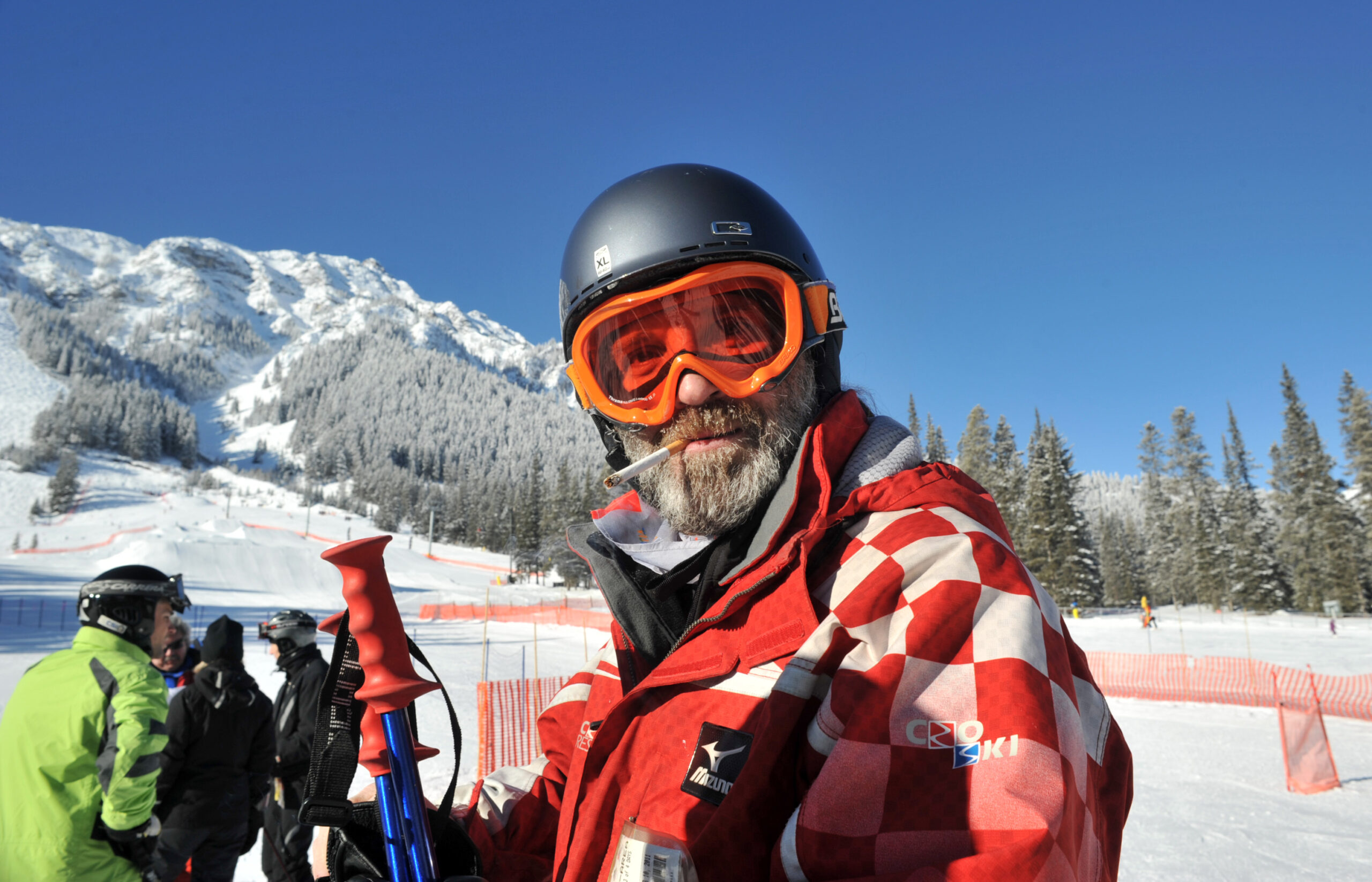

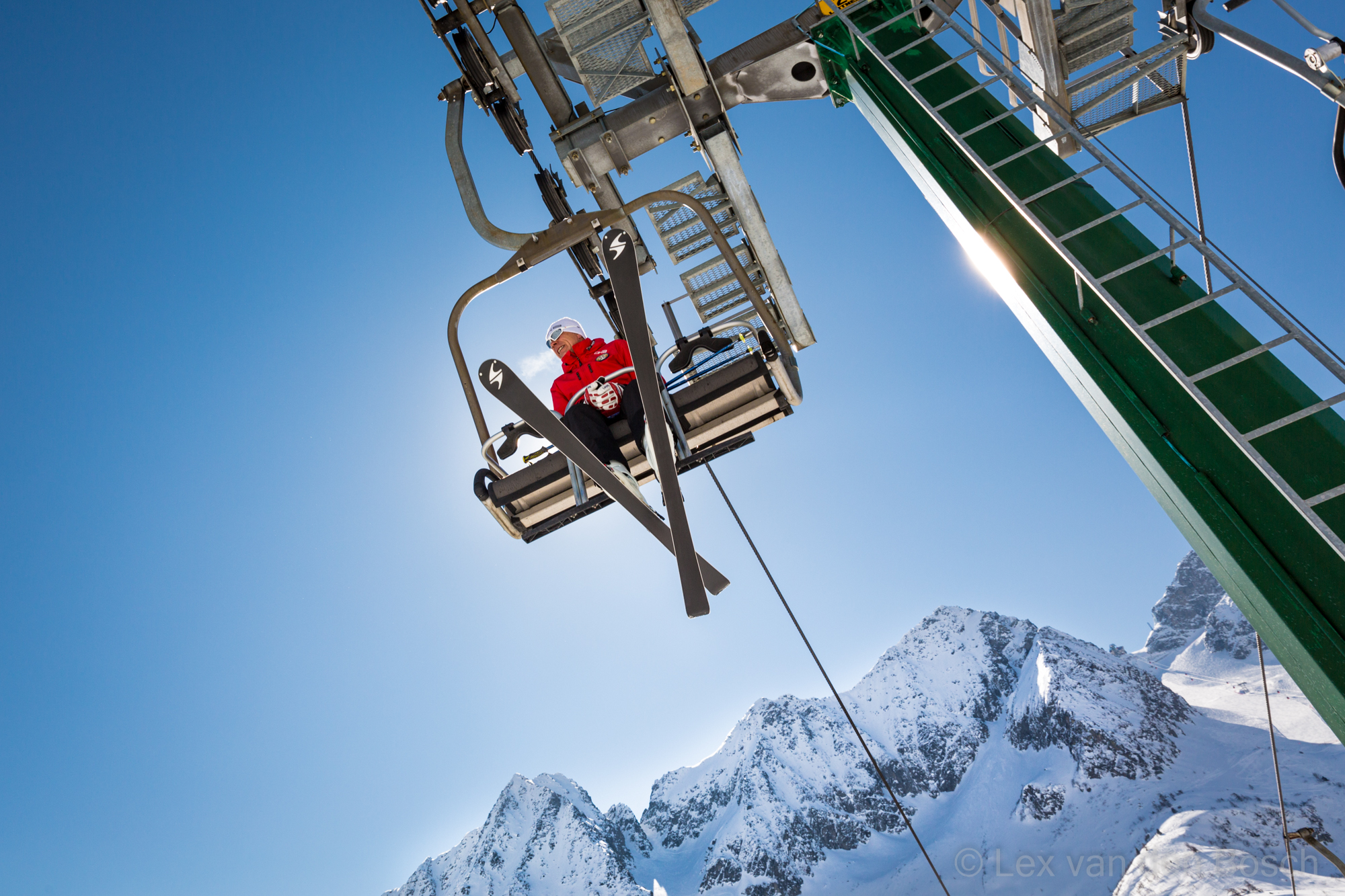
SCIJ has established a governance framework to ensure the smooth operation of our Association on a year-round basis. The purpose of the governance model is to ensure clarity within the roles and responsibilities of the organization and provide an understanding for member nations of how specific subject files are managed.
INTERNATIONAL COMMITTEE JOB DESCRIPTIONS
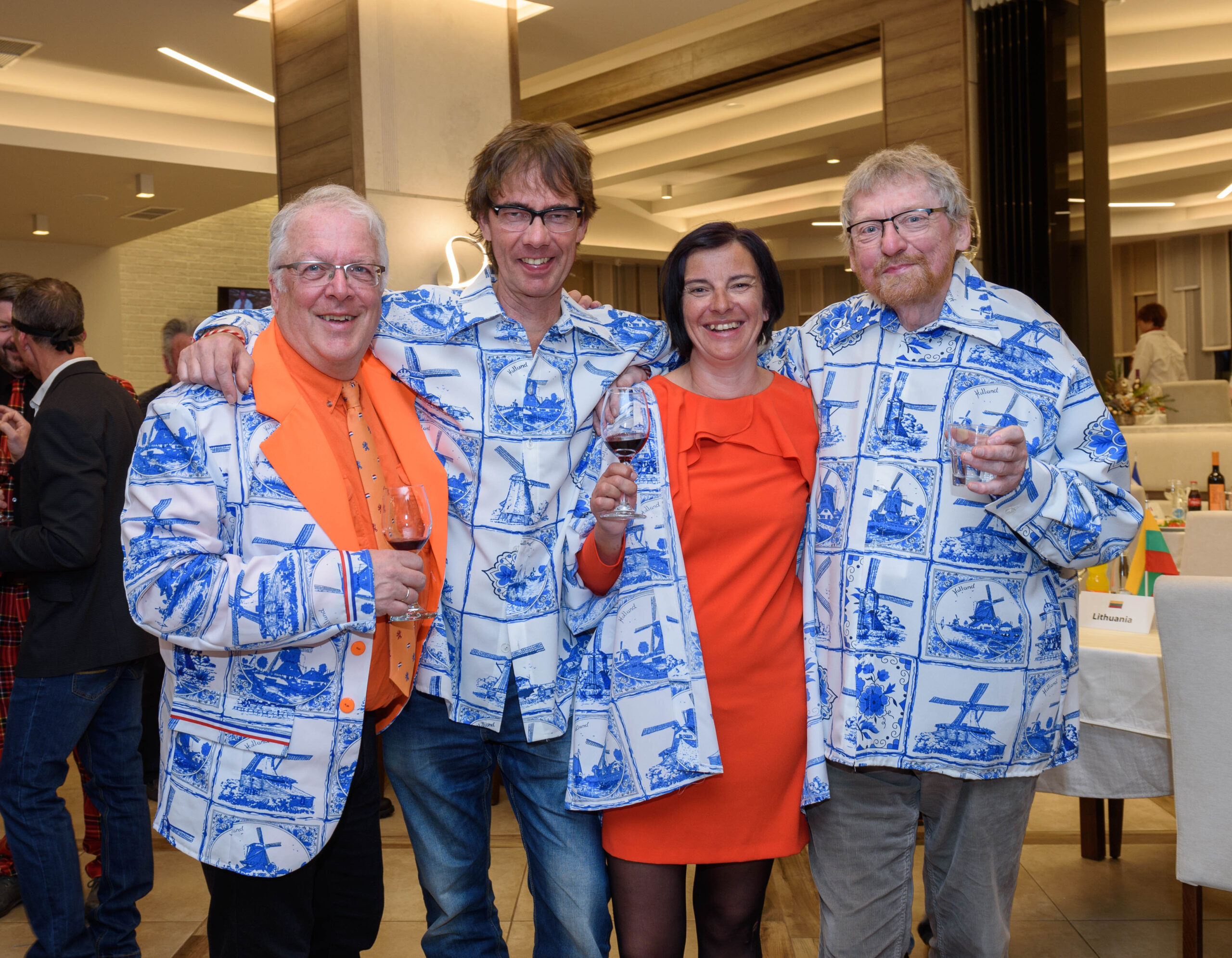
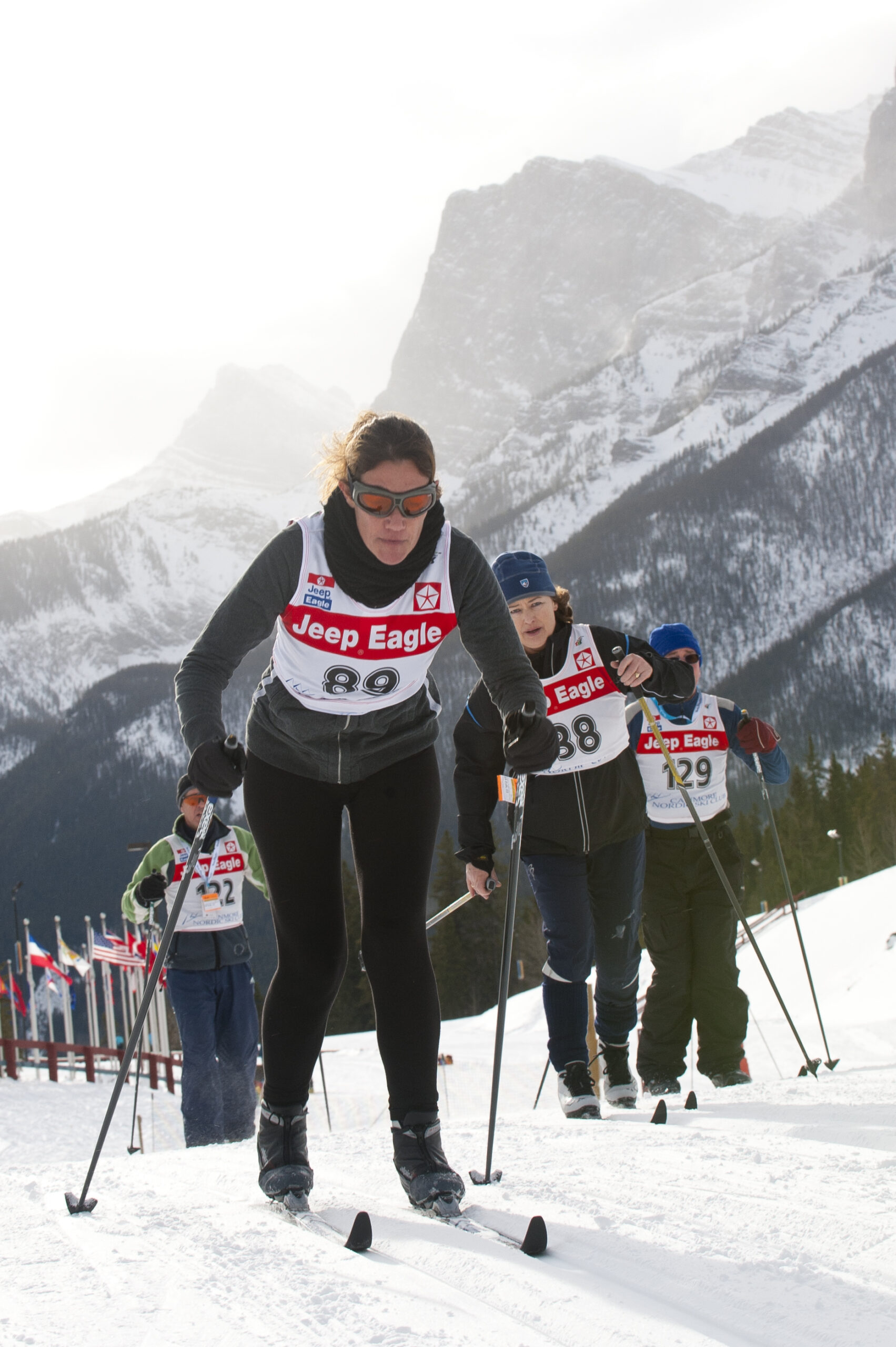
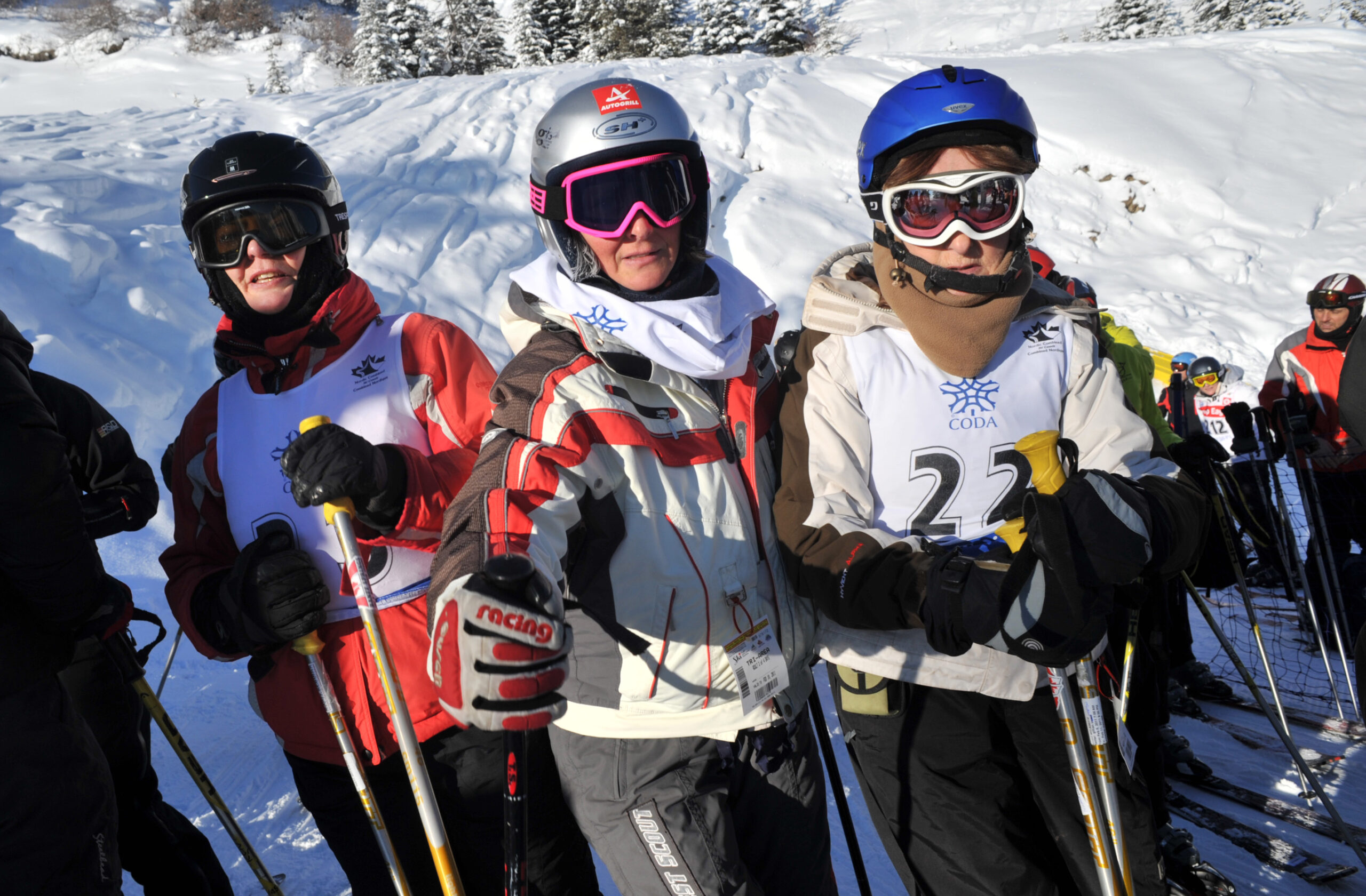
Preamble
The International Committee is governed by a code of conduct that covers all elected officials of SCIJ. The Code must be accepted by individuals seeking to represent SCIJ prior to the election taking place. In addition, the Code of Ethics must be accepted by all individuals upon renewal of a mandate.
In addition, job descriptions for each elected position were derived as a guide to help SCIJ member nations understand the areas of responsibility for each position. In addition, the descriptions serve as a guide as to the time commitment required and the competence required to fulfill the expectations of the role throughout the mandate.
SCIJ Executive Code of Conduct
SCIJ Executive Code of Conduct
July 2, 2014
SCIJ EXECUTIVE CODE OF CONDUCT
The Code of Conduct applies to all elected members serving on behalf of SCIJ. The purpose of the Code is to ensure that members act honestly, responsibly, legally and ethically, both internally and externally and in the best interest of SCIJ. It is intended to sensitize the Executive and its members to the mechanisms available to report unethical conduct. It is not, however, a comprehensive document that addresses every legal or ethical issue that the SCIJ executive may confront. In the end, no code of conduct can replace the thoughtful behaviour of an ethical Board.
When elected to serve on behalf of his or her colleagues on the International Committee of SCIJ each member will:
1) Behave and conduct their activities in a manner that reflects positively on SCIJ and on our profession;
2) Abide by the SCIJ Rules and Statutes and promote the benefits of our club, support team renewals and organizing nations;
3) Respect the divergent opinions of the members and executives, agree to collaborate with and, not abuse in writing or in speech any individual member of SCIJ;
4) Not share information that is deemed confidential by the International Committee;
5) Share all information with any member of SCIJ upon submitting a request to the President and Secretary-General, so long as it does not breach personal privacy and confidentiality;
6) Let the election process take its course and refrain from supporting specific candidates;
7) Inform the President and Secretary-General if they plan to seek a higher office or re-election 90-days prior to the General Assembly;
8) Make every effort to contribute on a yearly basis to the SCIJ Press Book. If they are unable to do so, they must provide a reason;
9) Avoid situations in which their personal interests interfere or conflict in any way, or may appear to interfere or conflict with, the interests of SCIJ. The very appearance of any conflict of interest should be avoided;
10) Protect SCIJ Assets. The executive shall take reasonable steps to protect SCIJ assets including but not limited to: data, press books, images, video and audio clips, history, websites, funds and any copyrights or future rights that may exist;
11) Store all documentation in a centrally located and shared drive;
12) Within thirty days of stepping down, transfer all knowledge to their successors and ensure a smooth transition and;
13) Consider the impact on the environment on all decisions and the footprint of SCIJ during all meetings.
RESOLUTION
When a matter contradicting the Code of Conduct is raised and cannot be resolved solely by the President and Secretary-General of SCIJ, the matter will be referred to an independent body consisting of two (2) senior members and one (1) junior member for resolution. Each of these members must not have any ties to the involved individuals/parties or prior knowledge of the issue.
SIGNATURE
I have read and understood the SCIJ Executive Code of Conduct. I understand that full compliance with the Code is expected under all circumstances. I am not involved in any situation that constitutes a conflict of interest with SCIJ. I agree to give immediate notice to the President and Secretary-General of any change in circumstance that adversely affects my compliance with the Code.
NAME: __________________________________
SIGNATURE:____________________________
TITLE:___________________________________
DATE:____________________________________
View the original document by clicking on the following link.
SCIJ President Description
SCIJ President
Job Description: June 2014 Monthly time requirement: 25-30 hours, deadline sensitive
Job Description
The President is the highest elected official of the Ski Club of International Journalists (SCIJ). The post is key on the International Committee and within SCIJ. Responsible for ensuring SCIJ members are aware of all relevant developments within the Association and that IC members fulfill their governance responsibilities. The position requires energy and sustained commitment. It is demanding and requires attention to detail It is best suited for a person who has leadership skills, good communication and organizational acumen and is a visionary with hands-on experience. It is not suitable for an individual who may have other significant other demands on his or her time or is absent for significant periods of time.
Duties and responsibilities
- Protects the reputation and carries out the mission and values and spirit of SCIJ with all member nations
- In conjunction with the Executive Committee (EC) and International Committee (IC) sets the vision and the strategy for SCIJ
- Encourages the recruitment and renewal of new member countries and participants
- Ensures that the SCIJ rules and statutes are enforced
- Works with national teams to encourage the organization of winter and summer meetings
- Presides all meetings of SCIJ and the IC, where present
- Presides over the Annual General Assembly
- In consultation with the IC, prepares the agenda for the meetings
- In conjunction with the EC and the IC, sets the objectives and goals for the IC and communicates them to SCIJ members
- Reports annually, on behalf of the EC about the activities of SCIJ and of its committees, joint committees and other initiatives
- Manages governance of the Association ensuring SCIJ rules and statutes are enacted upon
- Carries out the inspections, and reports on the delivery of the annual SCIJ meeting in collaboration with the Organizing Committee
- Coordinates work and collaboration within the IC
- Maintains relations with other industry associations and organizations promoting to the positive effect of SCIJ
- Calls for nominations for vacancies on the IC
- Recruits SCIJ member volunteers as required to support activities as required
- Regularly monitors the pulse of SCIJ teams and encourages the IC to take action where required
- In conjunction with the SG, Manages accesses and passwords to SCIJ Social media properties and storage, banking and other relevant material and archives all relevant information in a master SCIJ file.
View the entire job description by clicking on this link.
Secretary-General Description
SCIJ Secretary General
Job Description: June 2014 Monthly time requirement: 25-30 hours, deadline sensitive
Job Description
The position of Secretary-General is a key one on the International Committee and within SCIJ. It requires energy and sustained commitment. It is demanding in its necessary attention to detail. It is best suited to a person who is well organized, has developed administrative skills and, if possible, has some secretarial assistance. It is not suitable for a person who already has significant other demands on his or her time, or is absent for significant periods.
Duties and responsibilities
- Acts as secretary, or organizes secretarial coverage, of committee meetings, general assemblies and special meetings
- Prepares and distributes the agenda and other materials and keep minutes of all meetings of which they are the secretary
- Manages the flow of meetings and all of the procedural responsibilities within our SCIJ statutes
- Reports annually, on behalf of the EC, about the activities of SCIJ and of its committees and other initiatives
- Manages governance of the club ensuring SCIJ rules and statutes are enacted upon
- In conjunction with the President, works with national captains to ensure as far as is possible that participants meet the necessary criteria for international meetings
- Maintains contact with the IC between meetings
- Ensures all communications are drafted in the official languages of SCIJ
- In conjunction with the President, coordinates the work and collaboration among IC
- Maintains official records and ensures they are centrally archived and made available within the SCIJ files
- Calls for nominations for vacancies on the IC
- In conjunction with the President, manages the expenses report in regards to the affairs of the ski club
- Regularly monitors the pulse of SCIJ teams and seeks suggestions and ideas and reports to the IC on trends, issues requiring attention
- In conjunction with the President, manages the accesses and passwords to the SCIJ social media properties, storage, banking and other relevant material and ensures that all information is archived in the master SCIJ file
- Works closely with the President and the International Committee
- Takes care of the administrative responsibilities of the club, which include but are not limited to: finances, administration, team recruitment and reports on all activities at International meeting
- Ensures the meetings are carried out according to the SCIJ technical requirements
View a detailed job description by clicking on the following link.
Vice President, Communications Description
SCIJ Vice-President, Communications
Job Description: June 2014 Monthly time requirement: 10 – 15 hours, deadline sensitive
Job Description
Manage all communications for SCIJ. Responsibilities include contributing to drafting letters, working with the Webmaster to maintain content on our official website as well as moderating content on our social media platforms. Ensures our communications and platforms are dynamic and facilitate members to participate solicit and exchange ideas and information. Designs strategies to raise the level of engagement and sharing throughout the year and that it is not exclusively focused on International meetings. Reviewing and drafting correspondence as required or directed and ensuring the information is posted in a timely manner. Ensuring all communication is produced in the official languages of SCIJ (English and French).
Duties and responsibilities
- Assists with all forms of communications required (examples but not limited to surveys, letters, photography, video) within pre-established deadlines
- Ensures all communications are drafted in the official languages of SCIJ
- Ensures communications material is accurate, updated and modern, while reflecting SCIJ brand requirements
- Recruits SCIJ member volunteers as required to support activities as required
- Regularly monitors the pulse of SCIJ teams and seeks suggestions and ideas and reports to the Board on trends, issues requiring attention
- Works with Committee members and nations to promote communications program
- Makes recommendations to the International Committee Board on specific communications initiatives/activities required
- Participates at International Committee Board Meetings as required
- Maintains the membership lists updated and ready to use
- Acts as advisor to the President, Secretary-General and the IC
- Assists in carrying out the mission of SCIJ
- Assist with National organizing committees to support their communication efforts by promoting best practices for communications
- Maintains a summary of communication activities for the Annual General Assembly and is responsible for generating the communications plan for the organization
- Archives all information in the master SCIJ file
View a detailed job description by clicking on the following link.
Vice President, Team Development Description
SCIJ Vice-President, Team Development
Job Description: June 2014
Monthly requirement: Variable 10-15 hours, 20-25 hours prior and during meetings
Job Description
The Vice-President, Team Development is responsible for developing and implementing recruitment strategies for national teams to support the ongoing rejuvenation of SCIJ. Accountable to report on efforts and producing quarterly reports on the efforts and proposing recommended actions where feasible. Organizes specific working groups discussions at international meetings designed to ensure the progress of SCIJ. Ensures recommendations from SCIJ members are followed upon and acted on where feasible.
Duties and responsibilities
Develops strategies and tactics to help support the national teams in the recruitment effort of new SCIJ members
Seeks regular input from all National teams about recruitment efforts and deployment efforts
Produces quarterly reports and highlights best practices and areas requiring improvement
Communicates issues that require immediate action to the President and Secretary-General in a timely manner
Makes recommendations from members to the International Committee
Operationalizes decisions and reports on progress
Recommends specific working group sessions to the International Committee at least six months prior to the next winter meeting
Promotes the working groups to all SCIJ members at least four months prior to the
Coordinates working group sessions and recruits SCIJ members as necessary to support initiatives
Finds and implements innovative ways to introduce new SCIJ members and assimilate them within International SCIJ Meetings
Records notes, minutes and actionable items and ensures they are made available to all SCIJ members in a timely manner
Maintains active discussion groups on the web and the SCIJ website
Ensures all documentation is archived in the central SCIJ document repository
View the original description by clicking on the following link.
Vice President, Journalism and Culture Description
SCIJ Vice-President, Journalism and Culture
Job Description: June 2014
Monthly requirement: Variable 10-15 hours, 20-25 hours prior and during meetings
Job Description
Passionate about Journalism and our SCIJ Culture, this position is responsible for driving ‘Think Thanks’ and discussion groups around current news affairs and some of the new emerging ideas and trends related to our industry. Maintains our SCIJ heritage by undertaking and delivering on projects that tell our SCIJ story. Maintains the SCIJ Press Books responsible for maintaining and upkeeping the SCIJ Press Books, supplying updates and statistics of National contributions broken down by subjects and medium. As additional coverage of previous meetings is received from previous meetings, provides updates. Implements tactics to encourage members to contribute to the press book in a meaningful way.
Duties and responsibilities
- Develops strategies and tactics to encourage National Teams to regularly contribute to the SCIJ press book
- Maintains regular communication with all members throughout the year and promotes the press book, new trends and various cultural projects
- Coordinates assembly and digitization of the press book with the SCIJ Webmaster, ensuring all versions are in PDF version
- Reports quarterly to the International Committee on the state of the current and previous press book
- Makes recommendations to the International Committee for improvement
- Prepared a detailed report for the Annual General Assembly and reports on the state of the press book and clippings results, by country and by subject
- Recruits SCIJ member volunteers as required to support activities as required
- Facilitates easy access to the press books to national teams wishing to organize an International Meeting
- Organizes yearly ‘Think Thanks’ on current news affairs during International meetings
- Communicates the times and schedules of the Think Thanks at least 3-5 weeks prior to the commencement of the SCIJ Meeting
- Ensures all documentation is archived in the central SCIJ document repository
Access the original document description by clicking on this link
Vice President, Chief of Race Description
SCIJ Vice-President, Chief of Race
Job Description: June 2014
Monthly requirement: 5 -10 hours, 15-20 hours prior to meetings deadline sensitive
Responsibilities
The Vice-President, Chief of Race directs all preparations of the competitions and supervises the activities in the technical area. Ensures that all races are carried out safely and in accordance with the rules and regulations. Summons meetings for consideration of technical questions and leads the team captain’s meetings were required after consultation with the technical delegate. Manage all aspects of the races.
Duties and responsibilities
- Seeks input from National teams about the races and future improvements
- Makes recommendations to International Committee to improve races, introduce new regulations if required
- Communicates any changes to future races, or procedures by the end of June
- Coordinates race efforts with Organizing Committees ensuring they meet SCI requirements
- Maintains the master list of members standings and points according to FIS standards and SCIJ categories
- Communicate the final list of participants with accurate point standings according to SCIJ-FIS Rules 30 days prior to the commencement of an International meeting. Sends a finalized list (highlighting changes) five days prior to the meeting
- Deals with every all technical aspect of SCIJ Races
- Conducts a thorough inspection of the racecourses and provides recommendations for safety improvement
- The Chief of Race has the ability to demand, cancel or modify races if deemed to be a safety risk for participants
- Coordinates list accuracy with National Captains
- Authorizes final list of participants
- Ensures race results are promptly produced and distributed to race captains
- Ensures final race results are posted on the website and all master information is archived in the central SCIJ document repository
View the official description document by clicking on this link
